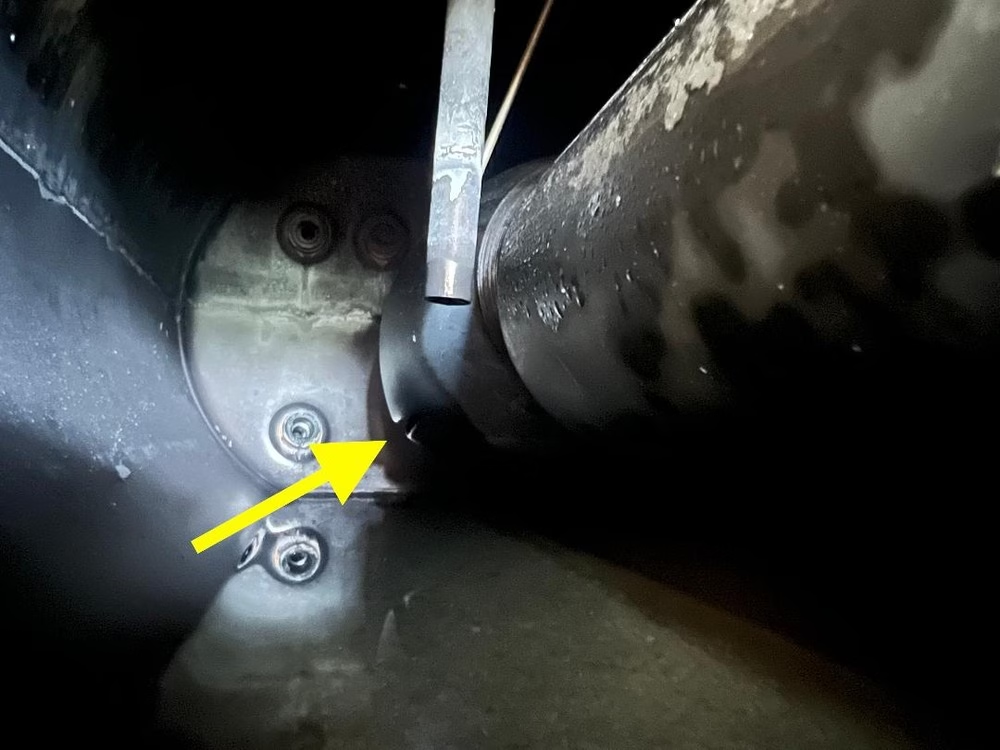Tech Talk Online: Things to Keep in Mind When Buying a Used Espresso Machine
Purchasing used coffee equipment can be a risky undertaking. Before you make the jump, here’s what to consider.
BY JON FERGUSON
BARISTA MAGAZINE ONLINE
Have you ever imagined what it would be like to combine “Car Talk“ radio and “Dear Abby“ to create a column that focuses on coffee equipment service issues? Our new “Tech Talk Online” series might just be your answer!
In this recurring column, equipment expert Jon Ferguson will be providing responses to common questions about coffee tech and helping troubleshoot issues that baristas, café owners, and other coffee professionals have about any and all coffee and brewing equipment. In today’s installment, he’ll be discussing what to keep in mind before purchasing a used espresso machine.
Got a question for Jon about café equipment? Email techtalk@baristamagazine.com and let him know!
This Week’s Question: How much is a used two-group espresso machine worth—and is it worth buying one?
Jon’s Response:
This is a great question with many caveats. A clear answer that I like to give to those inquiring on used machines is to treat it like buying a used car.

Answers to the following questions can help determine the value of a machine, yet there will always be variables coming into play that can drastically change things. (No one particularly enjoys having their questions answered with more questions, but that is the name of this game. I know this may be a painful exercise, but bear with me.)
Questions to Ask:
- What is the original MSRP of the make, model, and year of the machine?
- Does the machine have service records? How complete are they?
- Is the unit currently operational, and are you able to “test drive” the machine?
- Are you experienced with the exact machine to be able to judge its full operational condition?
- Are you able to have the unit looked over by an experienced espresso equipment service technician who is familiar with the machine and able to properly diagnose the health and condition of its internal components?
If all of the above answers come back in a favorable manner, and the machine has been thoroughly inspected by a local service technician, you may be closer to developing a better range for its value—but this will also lead to further questions:
- How much will the machine cost to maintain?
- Are all the parts still available for the machine (CPU boards, proprietary parts, etc.)?
- Does the machine require any modifications to your counter space (electrical configurations, plumbing, counterspace area: width, depth, height, weight, etc.)? What may those additional costs entail?
When Things Go Wrong
Without scaring anyone too much, it’s important to note that buying a used espresso machine without asking yourself the above questions can end up being quite costly.
In one extreme case, a man brought me an espresso machine to repair that he had bought used. He had been told it was “working”—but the seller had stored it in his garage over the winter, causing the water inside the heat exchanger to expand and bust. This caused the water from the coffee brewing line to enter into the steam boiler constantly, overfilling the boiler and making the entire espresso machine non-operational.

The buyer had paid nearly $3,500 for the machine—and to replace this heat exchanger would make the repair nearly as expensive as buying a new machine of the same make and model.
In Conclusion
The short of it is, determining the value of a used espresso machine is much more complicated than looking up what the value of a used car will be, as the automotive industry has much more infrastructure, certifications, and regulations in place than the used espresso machine market. To my knowledge, there are no general Kelley Blue Book-type guides for used espresso machines. Even if there were, I would personally still want to kick the tires, in the proverbial sense. If I couldn’t do that, I would highly reconsider my purchasing decision.
For comparison, I can’t remember the last time I bought a car without seeing if I could start it, or checking to see if the frame was rusted out. If you have never bought a used car, the same basic principles generally apply to musical instruments, motorcycles, bicycles, and so on—yet the consequences could be more pressing when dealing in commercial restaurant equipment, where not only your own safety may be at risk, but that of staff and customers, too.
With that being said, from someone who has made plenty of mistakes and a few good decisions in his life: Be patient, be firm, and ask the seller if you are able to pay a local espresso equipment service technician to thoroughly inspect the machine before you commit to purchasing the unit.
Lastly, it is always good to ask the local espresso equipment service company what machines they may have (new and used) for sale, too. They might have some great suggestions.
Be safe out there.
ABOUT THE AUTHOR
Jon Ferguson has nearly two decades of experience across various facets of the coffee industry. He believes that with a deeper understanding of equipment used throughout the entire coffee supply chain, we can gain a deeper respect for the labor and technology required to transform fruit seeds into the beverages we all dearly love.


Subscribe and More!
As always, you can read Barista Magazine in paper or digital format. Subscribe here to get your own hardcopy of each issue delivered. Read the April + May 2025 issue for free with our digital edition.
And for more than three years’ worth of issues, visit our digital edition archives here.
Source: Barista Magazine



